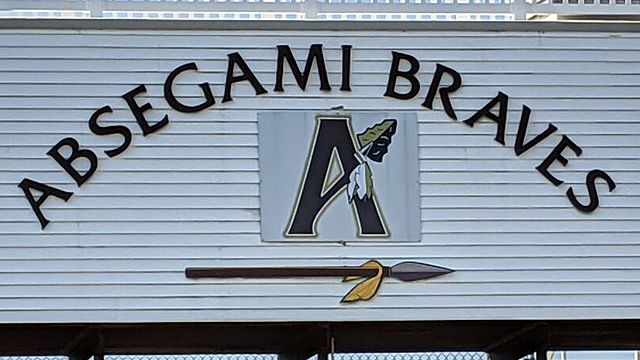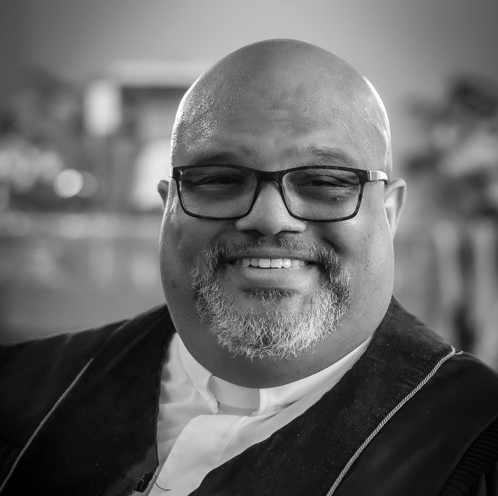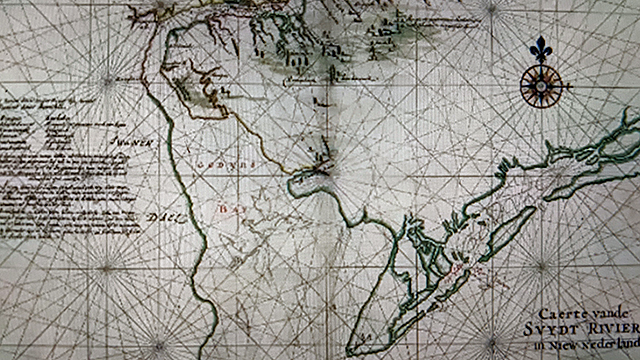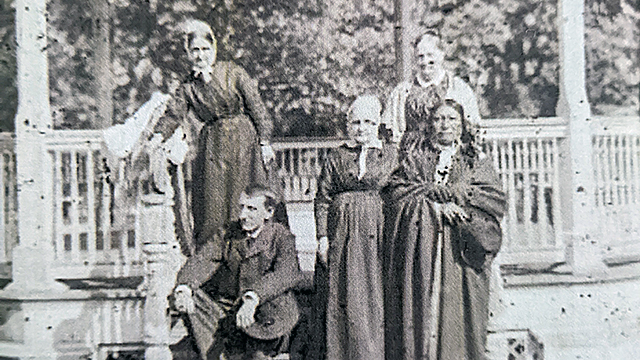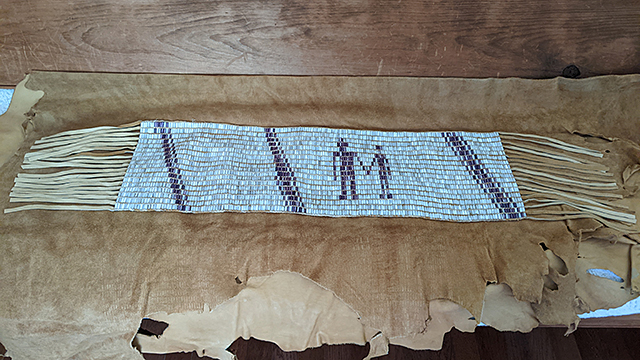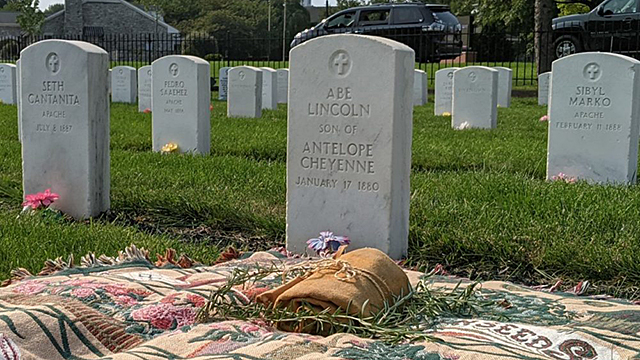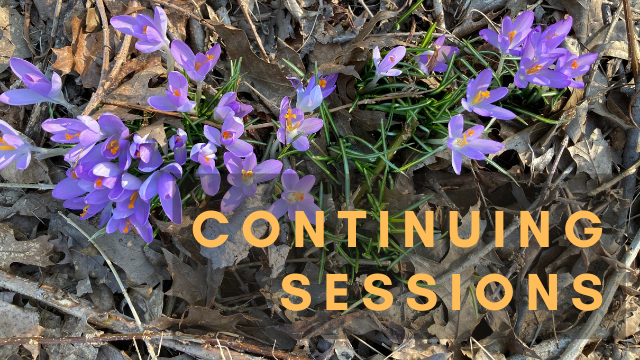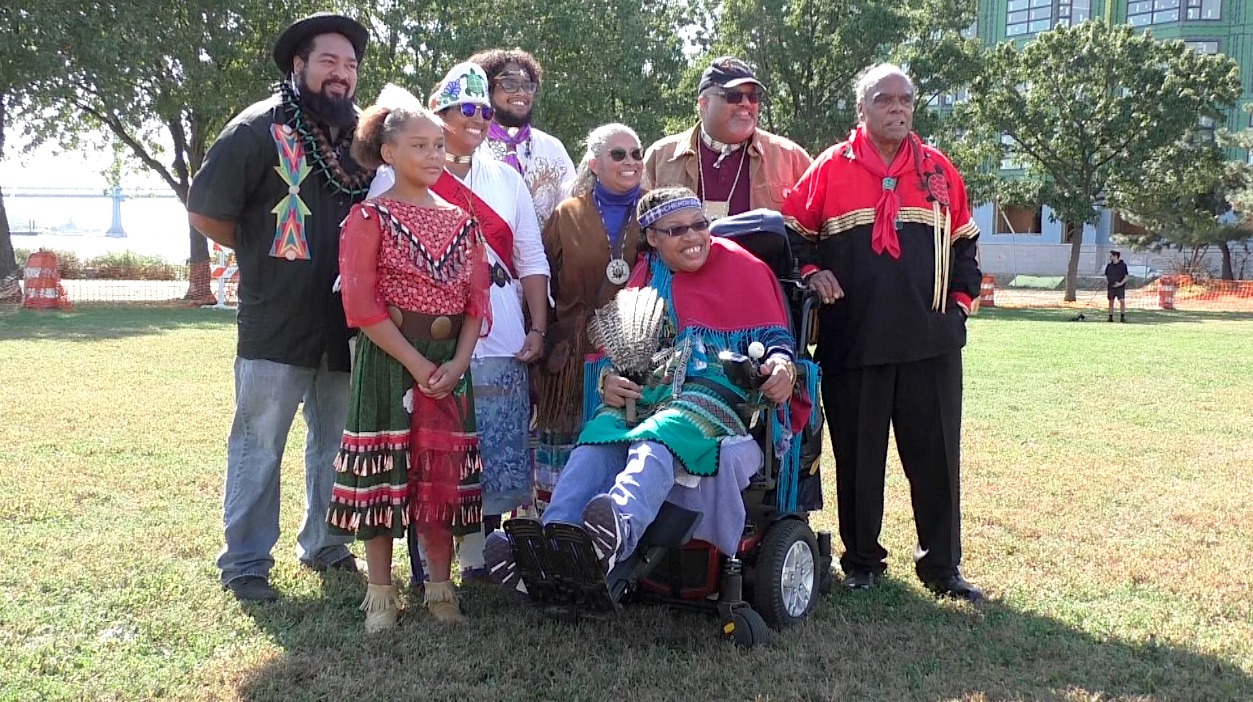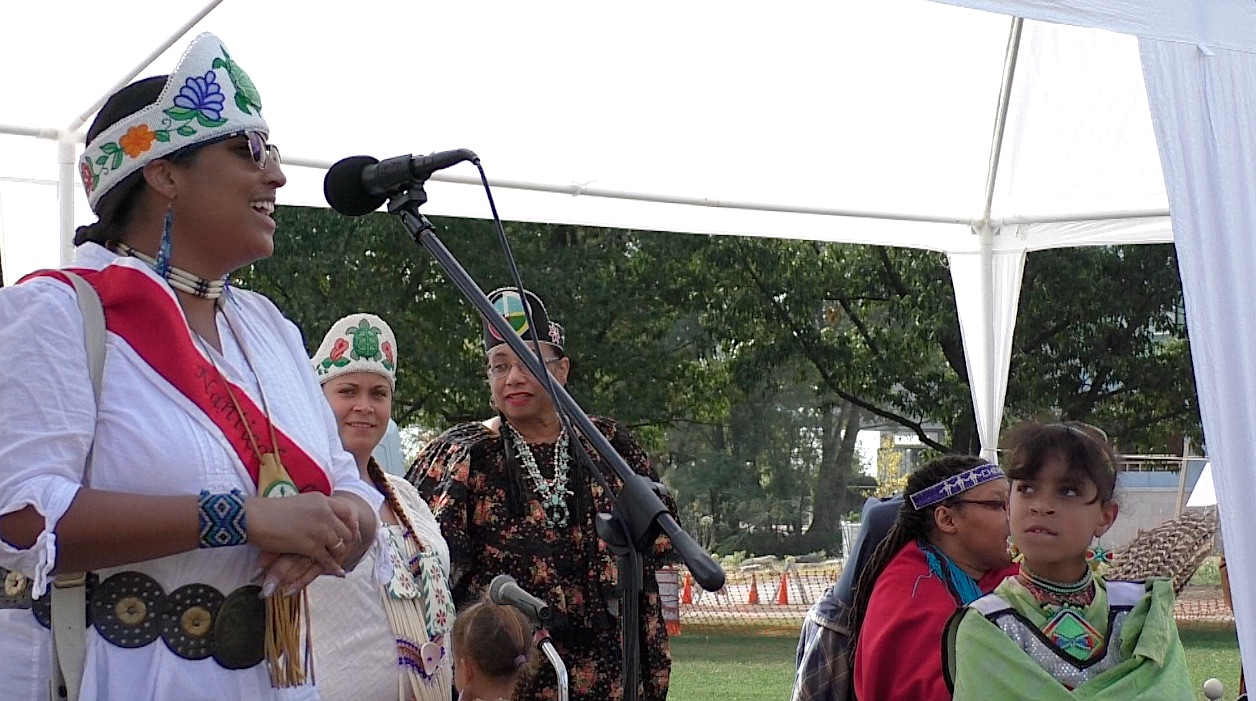We applaud ongoing courageous conversations advocating for children’s rights throughout our educational systems. And for decades we have carried a concern for Native “themed” mascots. By common definition, mascotry includes team names, images, and logos, as well as related game-day and fan rituals.
Let’s be honest with one another. Citizens of the United States have inherited a legacy of domination by doctrines. Public schools may be conditioned to accept rather than critically examine the use of identity, language, and traditions creating disregard by continuing to dehumanize Indigenous people. [Read more…] about NJ Call for Action Toward Appropriate Mascotry
